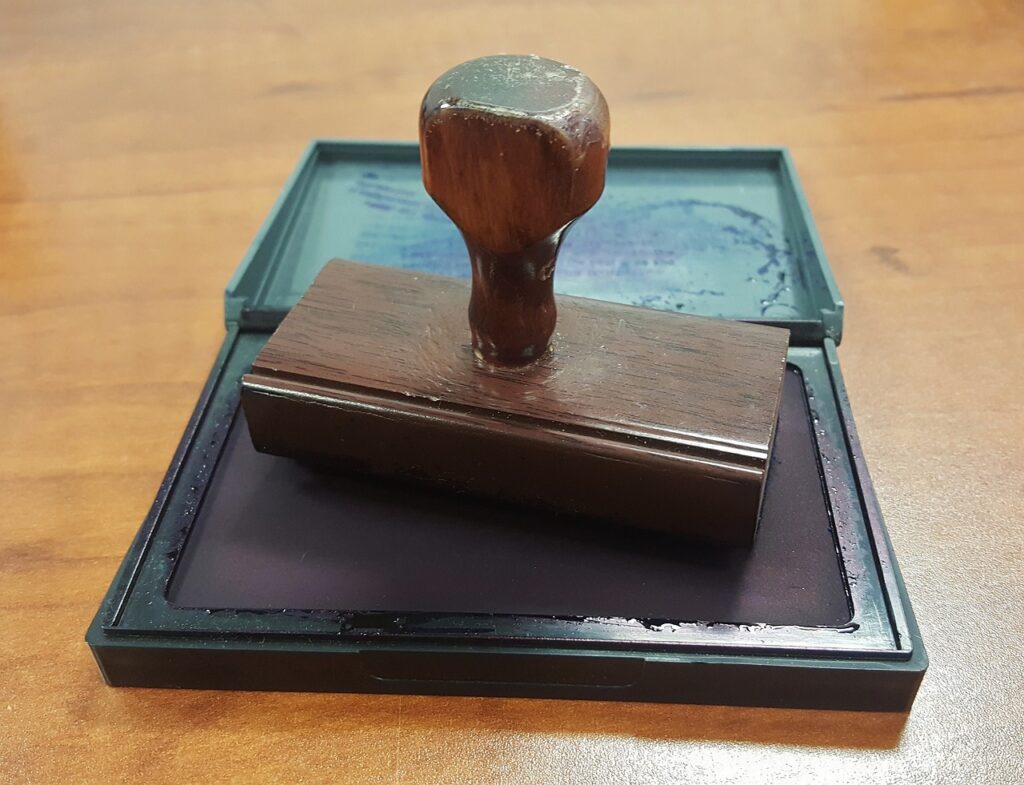Now Reading: The Importance of a Notary: Everything You Need to Know
-
01
The Importance of a Notary: Everything You Need to Know

The Importance of a Notary: Everything You Need to Know
A notary public, also known as a notary, is an official appointed by the state government to witness the signing of important documents and administer oaths. They play a crucial role in legal and financial transactions, providing authentication and certification to ensure the validity and integrity of records. In this age of digitalization, where contracts are easily forged and identity theft is on the rise, having a trusted third party like a notary has become more essential than ever. In this guide, we will discuss everything you need to know about notaries – their roles and responsibilities, how they protect you from fraud, and why their services are crucial in various situations.
Understanding the Role of a Notary
Understanding a notary’s role is important to grasp their importance fully. Notaries are responsible for verifying the identity of individuals signing documents, ensuring that all parties are aware and agree to the terms laid out in the document, and certifying the authenticity of signatures. They serve as impartial witnesses to protect against fraud and ensure legal compliance. In some cases, a notary that comes to you can provide convenience and accessibility, especially for those who are unable to travel to a notary’s office. This allows for important documents to be signed in the comfort of one’s own home or workplace without compromising on the validity of the transaction.
The Legal and Financial Implications of Notarization
Notarization carries significant legal and financial implications, making it an essential step in many important transactions. It serves as proof that the document was signed willingly and with a full understanding of its contents, preventing any disputes or claims of coercion later on. Notarized documents also have a higher level of credibility and are more readily accepted by courts and other government agencies. In terms of financial transactions, notaries ensure that all parties involved are aware of the terms and conditions before making any binding agreements. This not only protects individuals from potential fraud but also ensures transparency and accountability in business dealings.
Protecting Yourself from Fraud with Notarized Documents
Notarized documents provide a layer of protection against fraud and identity theft. Notaries verify the identities of all parties involved in the signing of a document, ensuring that there is no impersonation or forgery taking place. They also require individuals to present valid identification before notarizing a document, adding another level of security. In addition, notaries are trained to detect any suspicious behavior or discrepancies in signatures, making it harder for fraudulent activities to occur. By utilizing the services of a notary, you can have peace of mind knowing that your important documents are safeguarded against potential fraud and scams. Notarization serves as an important tool in protecting oneself from malicious activities and maintaining the integrity of legal and financial transactions.
The Importance of Proper Identification in Notary Services
Proper identification is important in notary services as it is the first line of defense against fraud and impersonation. Notaries are responsible for verifying the identity of individuals before notarizing a document, and this process involves thoroughly checking government-issued identification documents such as driver’s licenses or passports. This ensures that the person signing the document is who they claim to be, preventing any unauthorized parties from being involved in important transactions. Proper identification also helps maintain the integrity and credibility of notarized documents, giving them more weight in legal proceedings. As such, having proper identification when seeking notary services is essential for both individuals and businesses alike.
Common Situations Where Notaries Are Crucial
Notaries are crucial in a variety of situations, particularly those involving legal documentation and financial transactions. Some common examples include real estate transactions, wills and trusts, loan agreements, and business contracts. In these scenarios, notarization serves as proof that all parties involved have agreed to the terms laid out in the document and that their identities have been verified. This is especially important for real estate transactions where large sums of money are involved, ensuring that all parties are aware and consenting to the transfer of ownership. Notaries are also commonly used in witnessing wills and trusts to ensure their validity and prevent any disputes among beneficiaries. Loan agreements and business contracts also require notarization to protect against potential fraud and ensure the transparency and accountability of all parties involved. In these situations, notaries play a crucial role in providing authentication and certification for important documents.
How to Find and Choose a Reliable Notary Public
When looking for a reliable notary public, do your research and find someone with a good reputation. You can start by asking for recommendations from friends, family, or colleagues who have recently used notary services. It is also helpful to check online reviews and ratings of different notaries in your area. Moreover, make sure that the notary you choose has proper credentials and is licensed by the state government. This ensures that they have undergone training and are knowledgeable about proper notarization procedures. Lastly, consider their availability and convenience – whether they come to you or if you need to travel to their office.
Keeping Up with Digital Advancements in Notarization
With the advancement of technology, notarization has also evolved to keep up with the digital age. E-notaries and remote online notarization (RON) have emerged as convenient alternatives to traditional in-person notary services. E-notaries can provide electronic signatures and seals on documents, making it easier for individuals to sign important papers remotely. RON allows for notarization to take place over live video conferencing, providing accessibility and convenience for parties who are unable to physically meet with a notary. While these new advancements bring about convenience, Note that they still adhere to all legal requirements and precautions set by state governments.
Notaries play a significant role in legal and financial transactions by providing authentication and certification to ensure the validity and integrity of records. They serve as impartial witnesses to protect against fraud, making it essential to have a trusted third party like a notary in this digital age. Proper identification, convenience, and accessibility are all important factors when choosing a reliable notary public. With the advancements in technology, e-notaries and remote online notarization have emerged as convenient alternatives to traditional in-person services, while still adhering to all legal requirements. By understanding the importance of notaries and their responsibilities, individuals can safeguard themselves from potential fraud and maintain the credibility of important documents.











